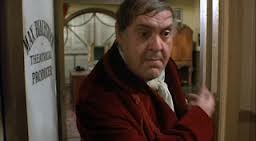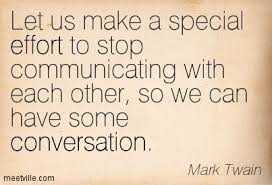You can be polite and call it “dirt” you can call it “mess” you can call it “poo” – but when you get it on your shoe it is definitely “Sh!t!”
Whatever you call it the leavings of local pooches are always high on the agenda of any community “hate” list. No matter how you broach the subject it will come up as a definite deficit for an area. So in adopting an ABCD approach how do communities change this whilst focusing on their assets? This blog will tell the story of how a group brought together around a love of rugby could set their agenda to make positive change in their community.
Despite having the obligatory (and tiny) “No Dog Fouling!” signs and a large, purpose-build bin as an obvious receptacle for the offensive substance, the area is absolutely covered in dog mess. The green-space was certainly first choice for ‘head coach’ Stuart, wanting to use his passion for working with kids and his love of rugby to good use in the community. So before kick-off the first task was to tool-up with “poop-bags” in hand and scour the grass for the odious objects, making the space more suitable for young kids to be running and chasing and sliding and falling and laughing – ie what the space was intended for!
Many poop-bags were collected along with the other debris that had accumulated in the space and heaped beside the bench for later disposal. Despite combined efforts the whole green couldn’t be covered, so the section that was clear for the kids to play on was coned off.
However, with over twenty kids tearing about the grass in a full-on touch rugby session, staying within the “safe” area was proving difficult and Stuart had to appoint some of the adults who had gathered as “touch-judges” to shepherd the kids back into the coned section. Well beyond the regular duties of a touch judge were the necessary screams of “watch the dog mess” and “you’ll get poop on your shoe!” Although the families found an immediate work-around it was quite obvious this would require more than just coning-off an area to put things right!
So as the night drew to a close coach pulled in the squad for a post-match debrief. The group agreed on Stuart’s suggestion to get some ‘clear up after your dog’ posters ready for the next session that could be tied to the benches surrounding this make-shift rugby pitch.
From a Community Builders viewpoint, we did not at any point raise the dog mess as an “issue” or point for conversation, or ask if people wanted to do anything about it. The grassy area was no longer just an empty space with some benches randomly placed – it was now a rugby training facility used by two dozen local children. The focus was not on the dog mess as a deficit to the area but on how it’s removal would improve the green-space as a positive community asset.
We’ll keep you up to date with how this unfolds….








